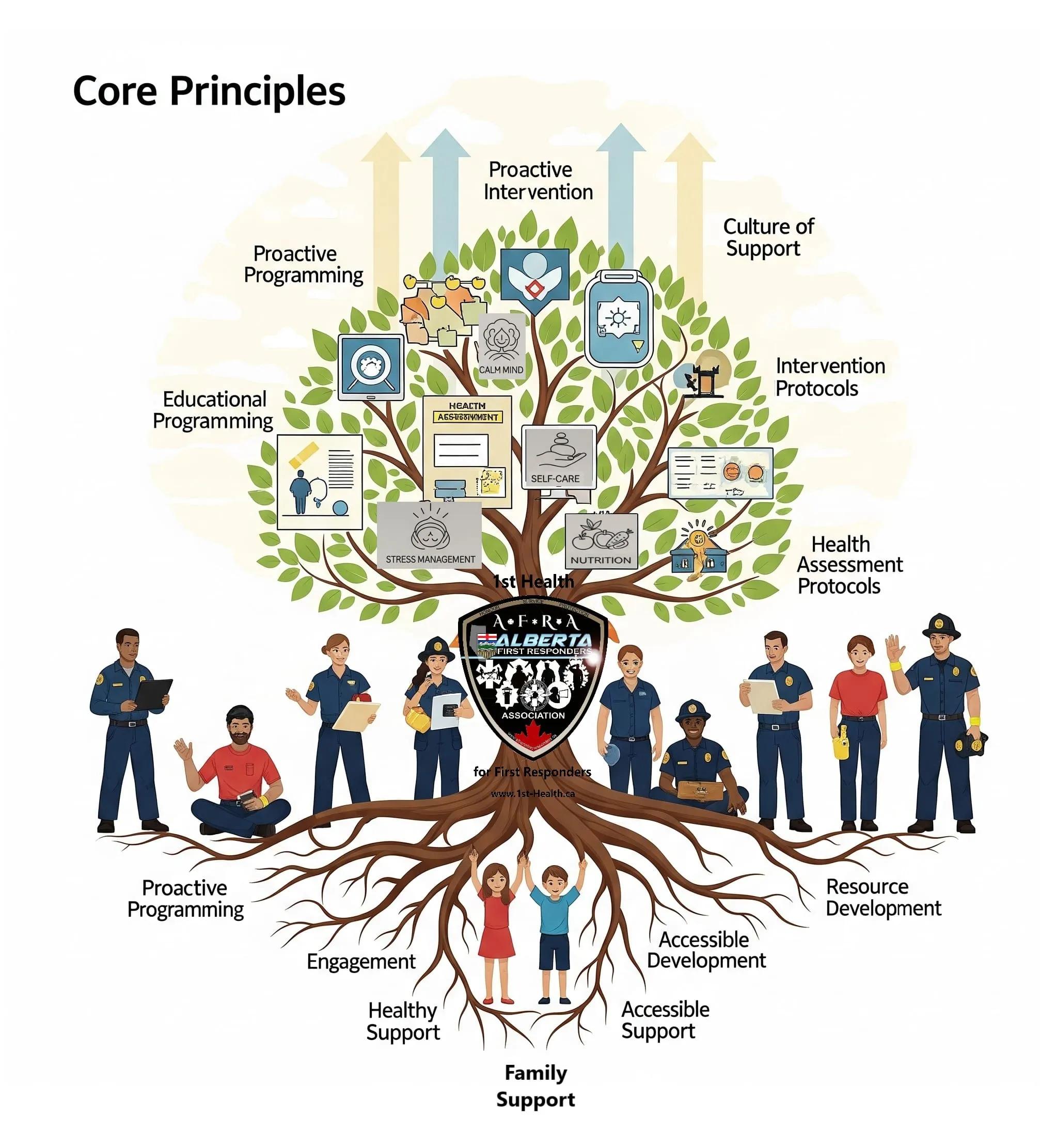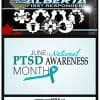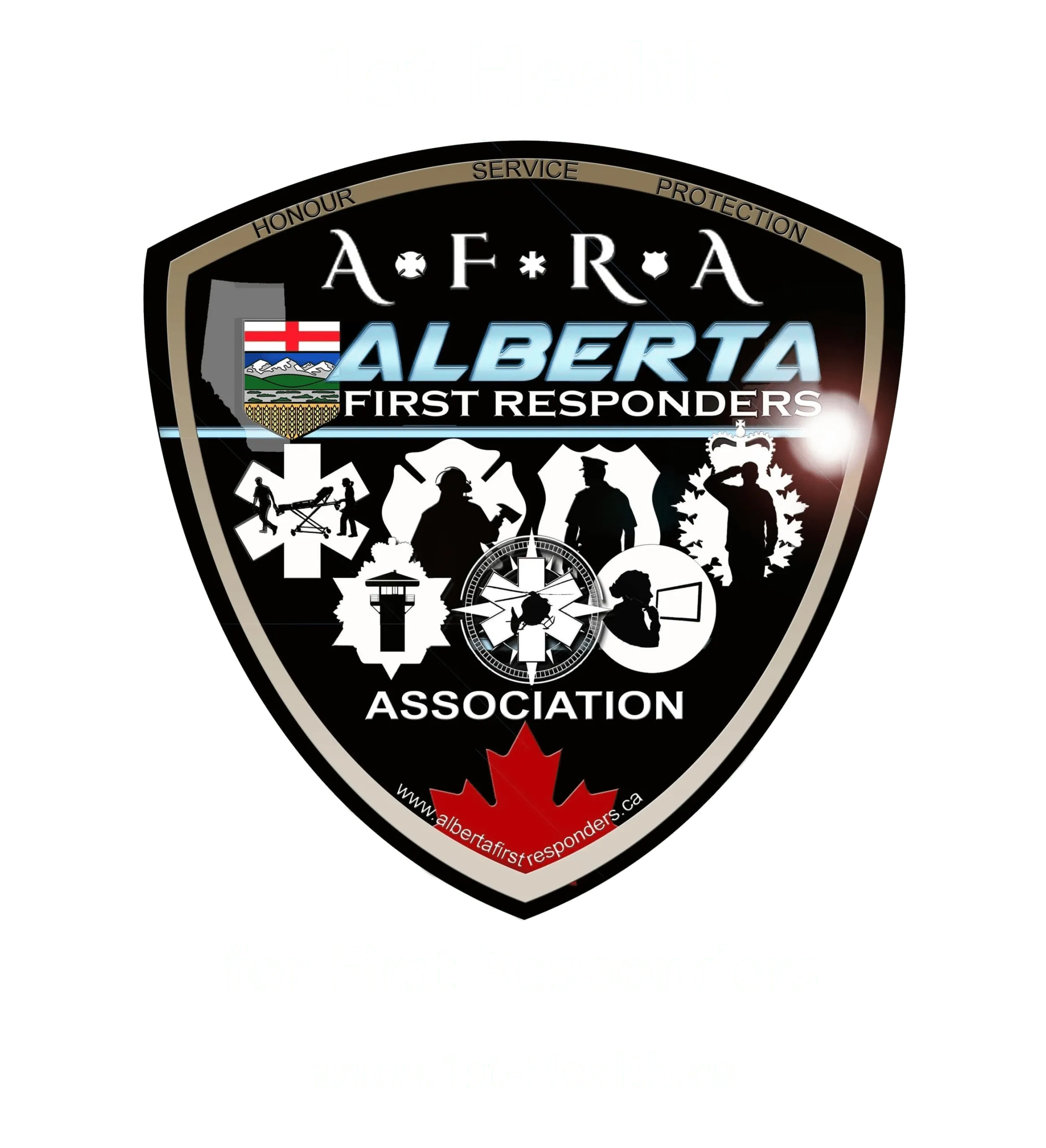This framework outlines the essential principles and organizational imperatives for supporting first responders, fostering a robust and effective health and wellness environment. It is based on insights from the “AFRA Round Table Symposium 2025 – Session Results” and the “1st Health – Educational Modules” documents.
Best Practices Framework: Core Principles
1. Holistic Health Integration
- Principle Overview: Health is an integrated whole, encompassing both physical and mental well-being, where a decline in one inevitably impacts the other. Both aspects must be equally valued and supported.
- Organizational Adoption Focus: Develop and implement policies and allocate resources that explicitly address physical and mental health as interconnected components of overall well-being. Integrate both aspects equally into all health programs and support systems from the outset.
2. Health as an Ongoing Journey
- Principle Overview: Health is a continuous process, not a one-time achievement. Individual health journeys and responses to stress vary, requiring sustained effort, ongoing habits, and tailored support.
- Organizational Adoption Focus: Implement continuous educational programs and training initiatives that reinforce good health habits. Develop and utilize individualized, adaptable support plans that cater to the unique and evolving health needs of each first responder over time.
3. Proactive and Timely Intervention
- Principle Overview: Regular assessments are critical for early detection of health decline, and timely intervention is crucial for improving outcomes and preventing minor issues from escalating. Traumatic incidents can have delayed effects, necessitating a “Trauma Lens” approach.
- Organizational Adoption Focus: Establish systematic, standardized, and regular physical and mental health assessment protocols for proactive monitoring and early detection. Implement clear, mandatory early intervention procedures to ensure immediate and appropriate care after critical incidents or upon detection of health challenges, including tailored and financially non-burdensome recovery plans.
4. Family Inclusion and Support
- Principle Overview: Families are vital support systems for first responders and are directly impacted by their health. They need to be informed, included, and equipped with resources.
- Organizational Adoption Focus: Actively integrate family members into training, onboarding, and support systems. Provide specific resources and education to families to help them understand their vital role in the first responder’s health journey and how to access support for themselves.
5. Accessible and Non-Burdensome Support
- Principle Overview: Support programs should be easily accessible, timely, and free from financial burden for the recipient.
- Organizational Adoption Focus: Design and implement all health and wellness resources, including assessments, interventions, and educational programs, to be readily available without creating financial hardship or logistical barriers. Leverage technology (e.g., online platforms, apps) to enhance accessibility and connect first responders to vetted professionals.
6. Culture of Support and Reduced Stigma
- Principle Overview: Organizational culture must foster an environment where seeking help is viewed as a strength and proactive self-care, not a weakness. Leadership must be educated on trauma and actively promote wellness.
- Organizational Adoption Focus: Implement ongoing mandatory health training for all staff from recruitment onward. Actively work to dismantle stigma through education and by leadership modeling supportive behaviors. Develop policies and procedures that reinforce wellness principles and promote a collective, community-driven approach to mental health.
By focusing on these core principles and their actionable organizational adoption strategies, first responder organizations can build robust and effective support programs that genuinely cater to the unique needs of their personnel, leading to healthier individuals and stronger, more resilient organizations.




